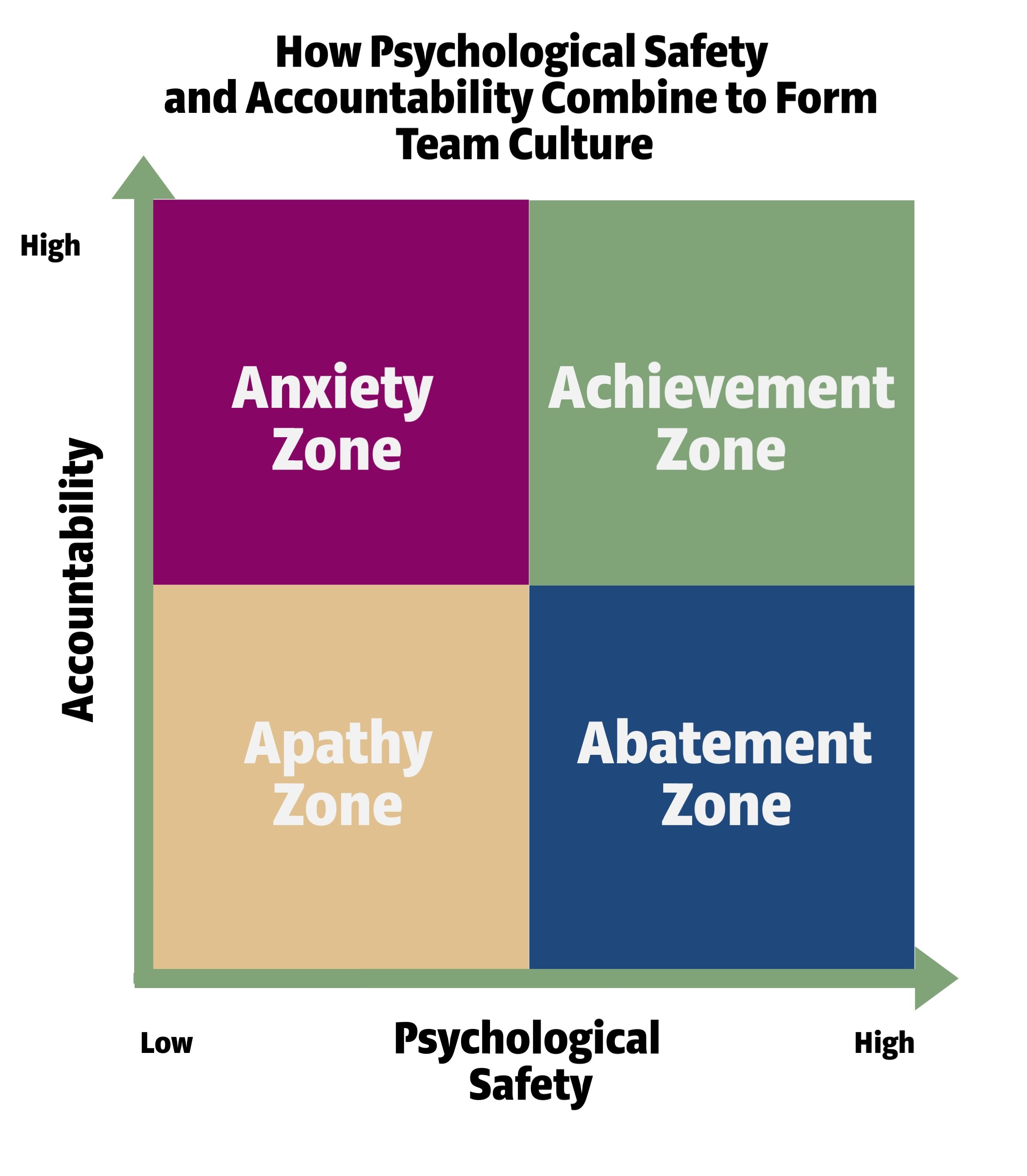
A study byCornell University and Green Peak Partnerswanted to uncover why 72 high performing CEOs running companies from $5 million to $50 billion were doing so well.
Last week, I was facilitating a workshop with senior leaders in a school leadership team. The workshop involved some deep, uncomfortable work about what each team member needed so that they could rely on others in the team.
One leader seemed slightly detached from the proceedings. Not in a disdainful "I-don't-need-to-be-here-it's-everyone-else-who-needs-help" kind of way, but more of a self-conscious "I-don't-think-I-add-value" kind of way.
With a quiet voice, and awkward squirming in her seat, the business manager admitted that she didn't feel she should be offering her opinion because others in the team were more qualified. As someone with a finance and business background, she didn't feel that she was at the same level as the others, who all had teaching experience, to make school-wide decisions.
You could have heard a pin drop with that remark. If I had taken a photo at that exact moment, you would have seen all of the other five team members with their jaws ajar in disbelief (including mine).
What followed was an energetic discussion on how the finance manager's perspective helped everyone see things differently. The Principal offered that without her business advice she would be lost, she didn't always contemplate the financial reality of her purchasing decisions and need someone with an objective, clear head.
Later, when I spoke to the business manager she told me how she was still finding her way in the school. I assumed she was new to her job - but after two years, she still felt she had a lot to learn about how the education purchasing system worked.
Now, I am sure many of you are thinking that you aren't like that. But time and time again, I work with leadership teams and there is always someone who fesses up to an embarrassing weakness, which everyone else sees as a benefit. Once it was the COO in a legal partnership team (who wasn't a lawyer). Another time it was the HR leader in a leadership team who felt that they couldn't contribute because they weren't good with numbers.
The truth is that a diverse leadership team increases their collective intelligence which is critical to decision making. Our differences are what makes us good at our jobs. All we have to do is believe it.
-1.jpg?width=3947&name=3-Types-of-Forces-that-Impact-Trust%20(2)-1.jpg)
One of the issues in building trust in our teams is that there are three different forces at play that we are all working with. These are micro (within ourselves), meso (between our team members) and macro (which are outside of the team).
We send these forces out and people send them to us. They can be oppositional or supportive. But it's important that we know what we can control and what we can't. The number one force that we have control over is micro.
Micro Trust Forces
The most important person we can trust is our self. When we make a mistake, receive harsh criticism, or miss a goal, it can be too easy to lose trust and confidence in our selves. This is detrimental to our leadership capability as our decision-making abilities falter when we fear that we will make the wrong choice.
When we don’t trust ourselves to lead or don’t think we’re worthy of being a leader, we worry about what others think about us. We minimise our strengths and maximise our weaknesses. We treat our uniqueness like an embarrassing wound that makes us stand out like a sore thumb. We hide our opinions or down-play them with terms such as "I'm not the expert, but I think that..."
Being a successful leader means learning to trust our selves first and overcoming the highly common imposter syndrome.
Leaders that don’t trust themselves tend to not trust others and the situation. At a deeper level, how we trust others is a reflection of ourselves and our own fears and insecurities. If we don’t trust ourselves, it means we operate from fear rather than from a positive and expansive outlook. We self-protect, rather than work for the interests of our people. We agree to decisions we don't believe in or we hold back from contributions that would make our organisation better. It's detrimental to organisational health and our own well-being.
Trusting ourselves more involves working on our internal selves - using introspection, meditation, therapy or coaching - in order to improve our self awareness. It means becoming aware of what we do well, and accepting it, so that we can be in true service of bringing our best selves to work.
As we embark on a new year, it's a great time to reflect on how your uniqueness adds value to your team. My questions for you are:
Remember, "Don’t be afraid of being different, be afraid of being the same as everyone else." (Anon) Owning your perceived weirdness, in service of your team, makes you a far more valuable team member, than being a team member who thinks and acts the same as everyone else.

A study byCornell University and Green Peak Partnerswanted to uncover why 72 high performing CEOs running companies from $5 million to $50 billion were doing so well.

If we want to lead our teams into the achievement zone, we need to lead ourselves there first.